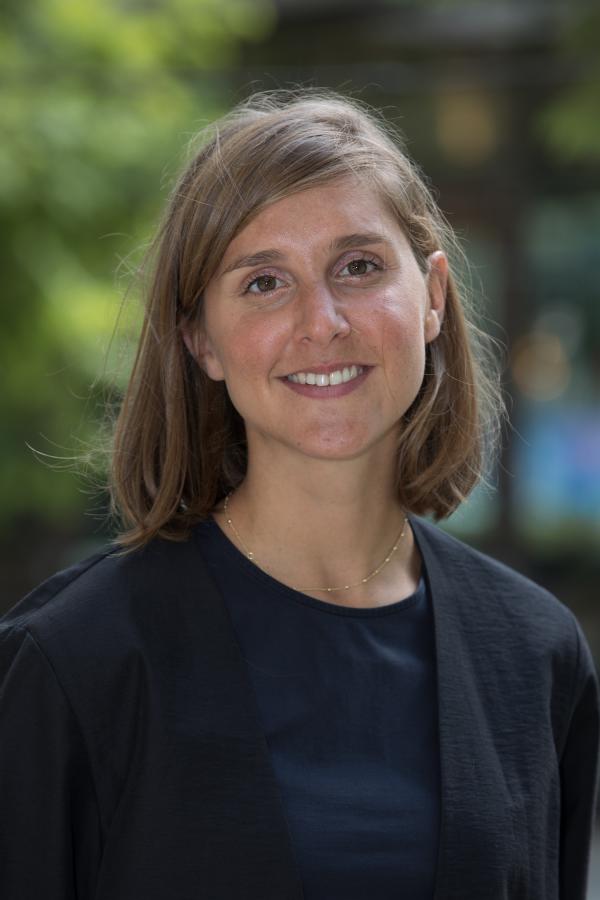Overview
An increasing number of older people will experience the challenge of living and dying with both cancer and dementia. Despite a heightened disease burden in this population, and evidence showing inequities in diagnosis and access to treatment, limited research documents whether these inequities persist at the end of life and what are implications on perceptions and experiences of professionals working in cancer care.
Project Details
This project aims: 1) To characterize how healthcare use in the final twelve months of life in people that died with cancer differs with those who had a coincidental diagnosis of dementia; 2) To explore professionals’ perceptions towards clinical end-of-life decision-making in individuals living with cancer and dementia. As a proof of concept, we will focus this project on lung cancer. Lung cancer is amongst the highest leading causes of death, and one of the most common types of cancer in old adults. We will perform secondary retrospective data analysis of Surveillance, Epidemiology, and End Results (SEER)-Medicare linked data, examining care provided in the final months of life of a stratified matched sample of those who died with lung cancer and dementia between 2011 and 2016. In parallel, we will invite professionals from multiple disciplines working in cancer in both US and Belgium, to participate in semi-structured interviews. As a social health PhD with a track record in mixed-methods end-of-life care research in older adults, the investigator is uniquely suited to address these knowledge gaps. An international multidisciplinary mentor team of leaders in the field will provide continuity of mentorship across her research agenda.





